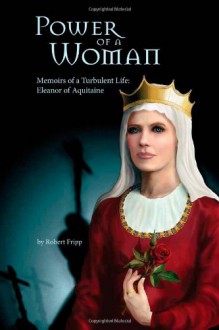
Not a pop star biography, this is a loving philosophical investigation into the underpinnings of David Bowie’s many personas and why he has exerted a practically lifelong fascination over the author. Predictably my favorite elements of this book were the parts where the author talked about his own life and what individual Bowie songs meant to him. Like you would expect, Critchley covers gender, sexuality, creating identities, and dystopias. But what was different from everything else I’ve read about Bowie was the material about narrative identities and how Bowie “breaks superficial conventions between authenticity and truth.” Critchley explains how David Bowie uses utterly constructed, self-conscious fakery to be original and convey deep emotional truth, with just one example being an anecdote about how Robert Fripp watched Bowie trying to generate exactly the right emotion in his voice, playing the loop and trying different things over and over.
This same dynamic was unconsciously illustrated in a description of how David Bowie didn’t attend his brother Terry’s funeral after his death by suicide, because he didn’t want to turn it into a media circus. Critchley says, “The note on Bowie’s bouquet was extremely poignant: ‘You’ve seen more things than we can imagine, but all these moments will be lost—like tears washed away by the rain.’” My reaction to this was, yeah, it’s extremely poignant, especially if you’re a fan of the movie Blade Runner, since Bowie’s note is an unabashed rephrasing of Rutger Hauer’s character’s dying speech at the end, minus the bit about space travel. Always a pose to tell a true thing. Also, it’s worth noting that I had to look up what year Blade Runner came out and make sure it was first, because Bowie is such an influential icon that I thought it wasn’t out of the question that the screenplay writers were copying Bowie instead of the other way around.
What other book is this like? Every other book about David Bowie, but thankfully not too much so. Okay, it was also kind of like Uncommon: An Essay on Pulp by Own Hatherley
Theme Song? “The Secret Life of Arabia”

 Log in with Facebook
Log in with Facebook 






